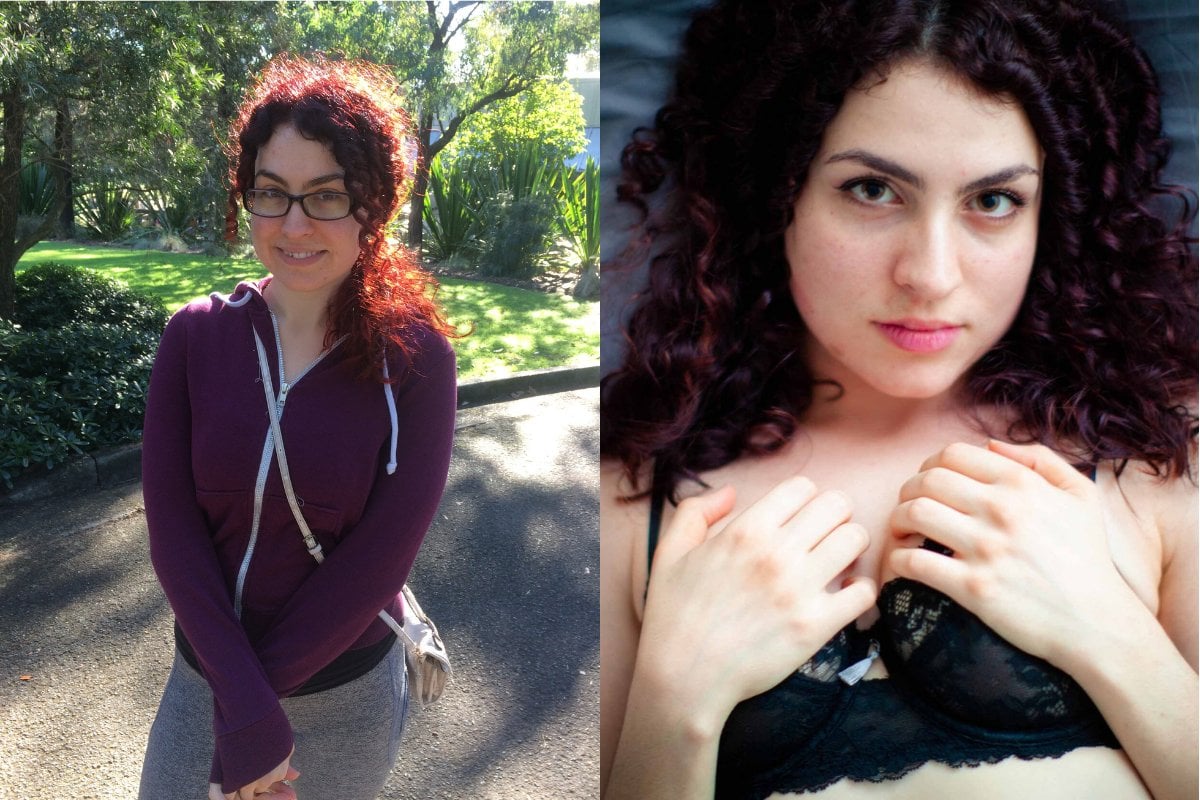
This post discusses domestic abuse and sexual assault and may be triggering for some readers.
‘I don’t blame him at all. I still feel like I could have stopped things from going further.’
It’s hard to articulate the mindset you can find yourself in after living with an abusive partner for years. You feel worn-down, small, insignificant, powerless.
You don’t even quite realise that it’s happening at first, because the process is so gradual.
Watch: Women And Violence: The Hidden Numbers. Post continues below.
You begin to feel a sense that something is wrong. You blame yourself initially.
You try harder and harder to be a supportive partner, because maybe that’s the problem. But when emotionally manipulative behaviours progressively turn into repeated sexual assault, the problem ceases to be whether or not you’re being a ‘good enough’ partner.
It’s difficult these days to read back over journal entries I had written during the course of that three-and-a-half year relationship.
It almost sounds like a different person talking.


